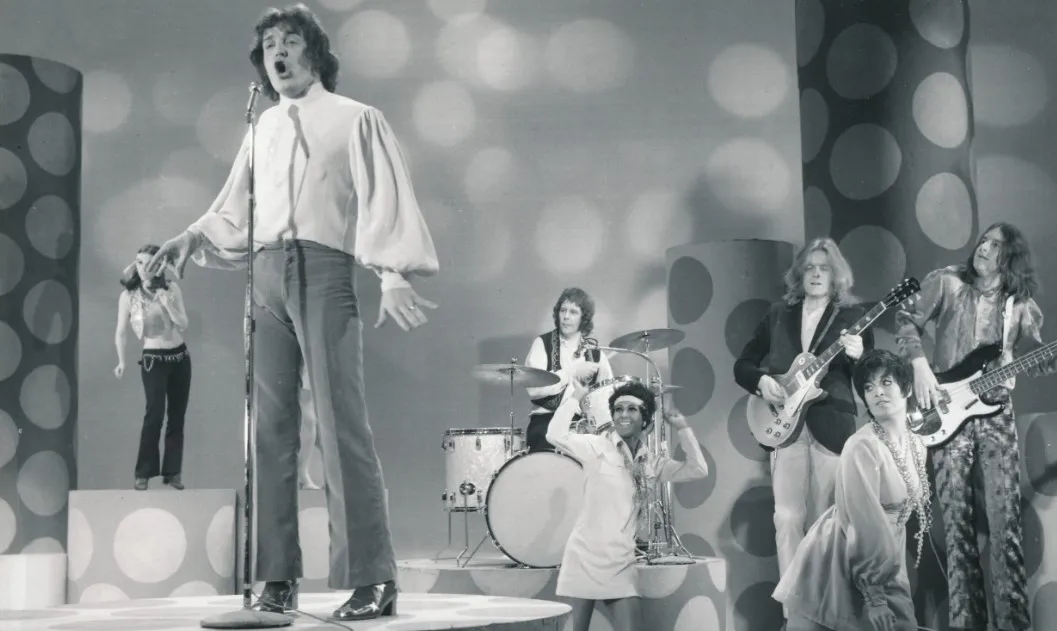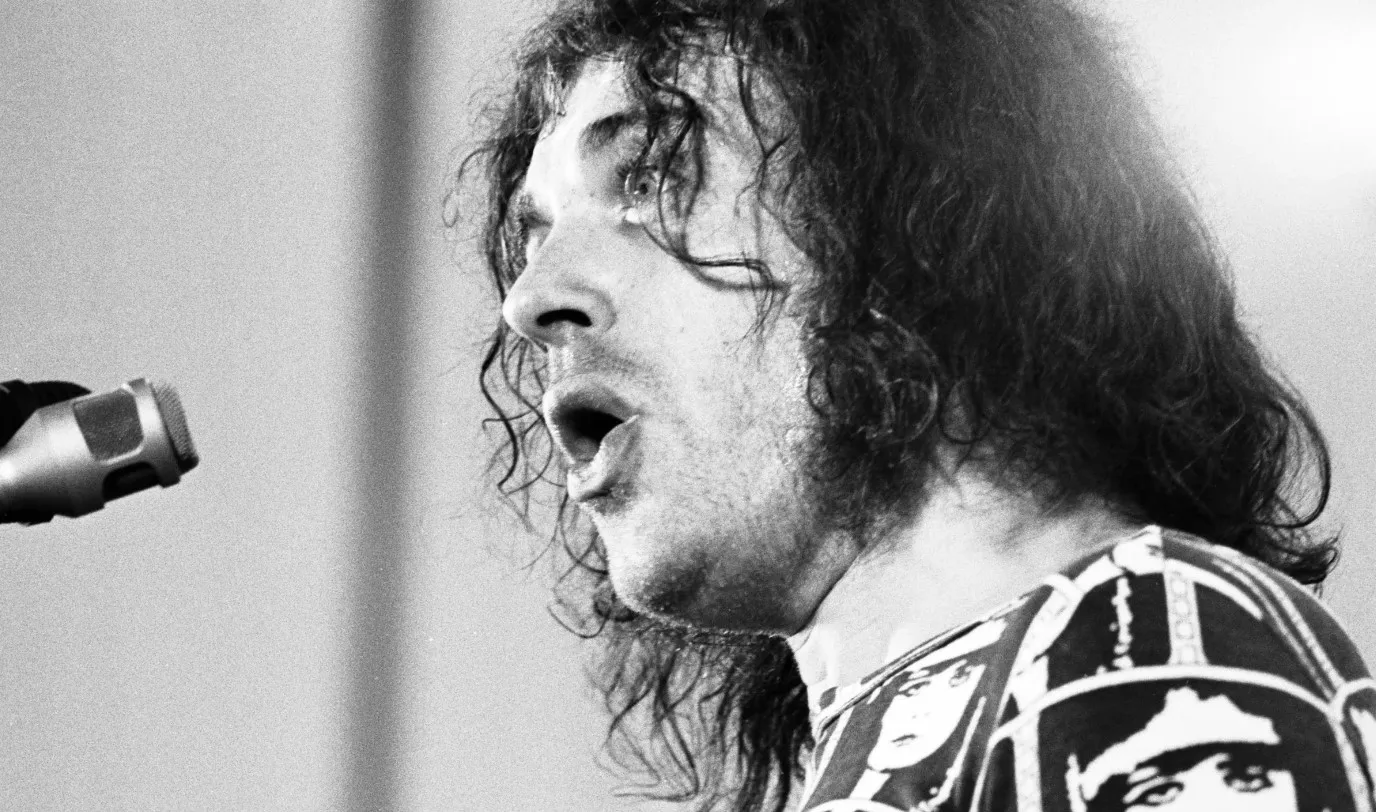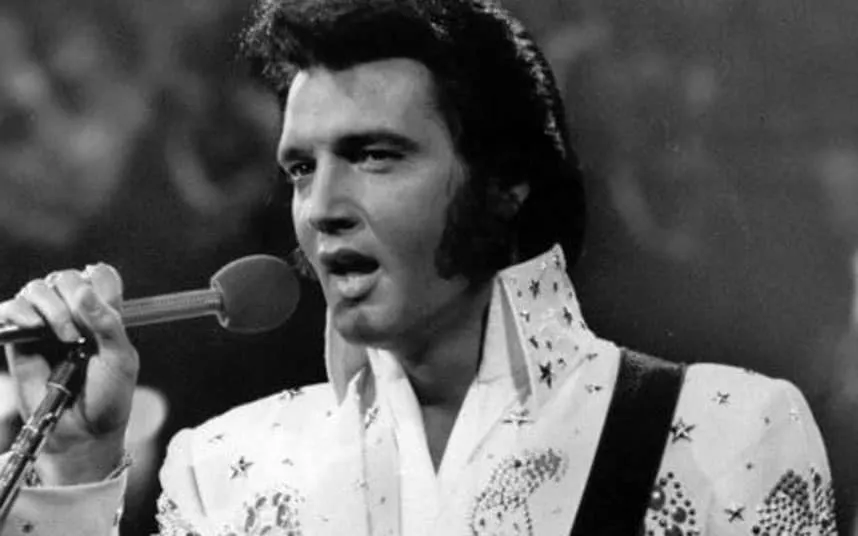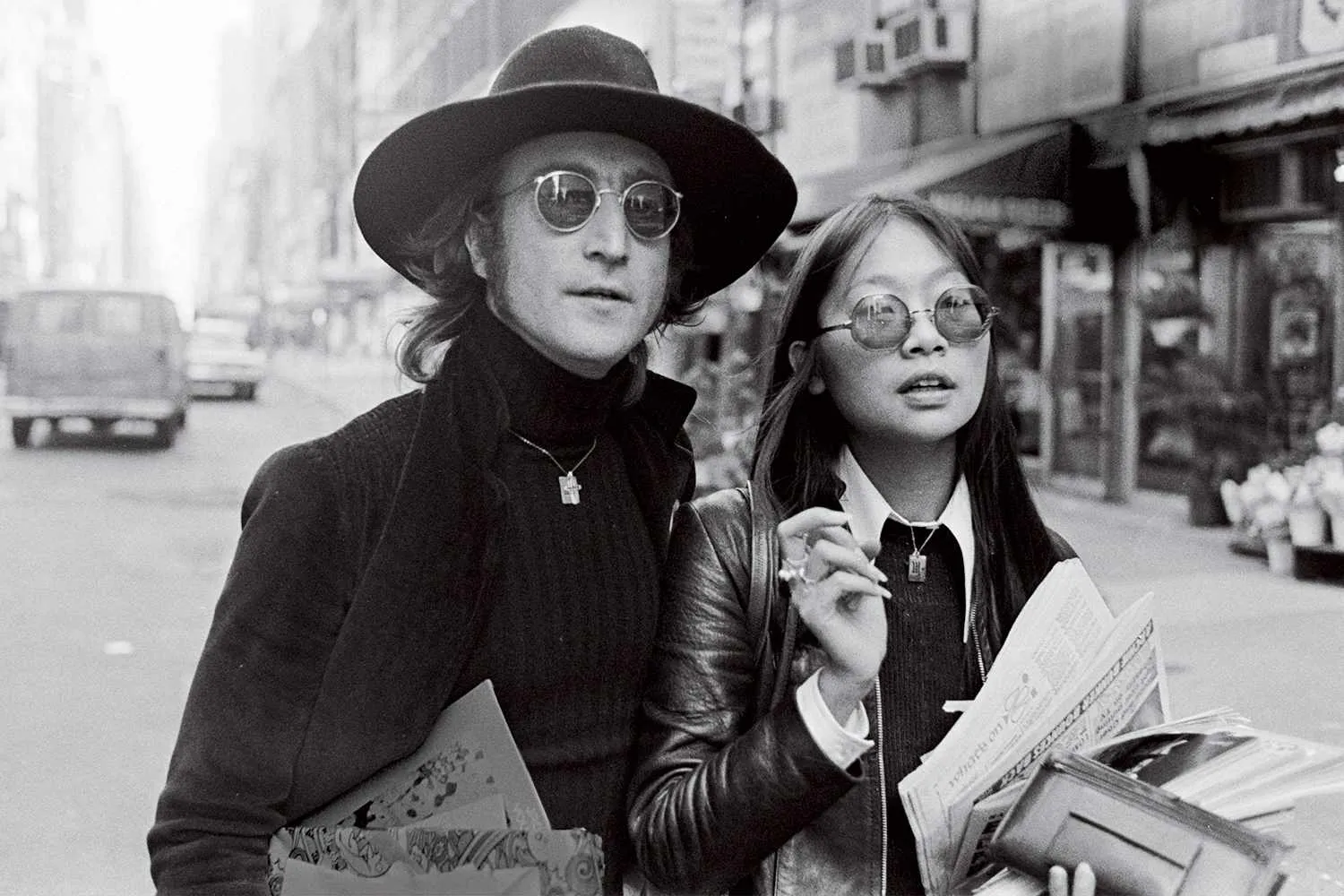John Lennon, one of the most iconic figures in music history, was more than just a pop star. He was a visionary, a provocateur, and a man who continuously challenged the conventions of fame and celebrity. While his contributions to The Beatles alone would have secured his place in the annals of music history, Lennon’s legacy extends far beyond his role in the world’s most famous band. He was a hero not because he embraced the usual trappings of pop stardom, but because he fought against them, constantly pushing the boundaries of what it meant to be a public figure.

When The Beatles burst onto the scene in the early 1960s, they were met with unprecedented levels of adoration and hysteria. The term "Beatlemania" was coined to describe the frenzied reaction of fans, particularly young women, who followed the band wherever they went. John Lennon, along with his bandmates Paul McCartney, George Harrison, and Ringo Starr, quickly became international superstars, adored by millions.
However, Lennon was never entirely comfortable with the overwhelming adulation that came with being a pop star. He often felt that the superficial aspects of fame were at odds with his deeper, more introspective nature. In a 1966 interview with Maureen Cleave of the London Evening Standard, Lennon famously remarked that The Beatles were "more popular than Jesus," a comment that sparked outrage but also highlighted his growing disenchantment with the cult-like worship surrounding the band.
Lennon’s disillusionment with fame was further exacerbated by the pressures of constant touring and the relentless demands of the media. He began to question the purpose of his life as a pop star, wondering if there was more to existence than simply being adored by millions. This inner conflict would eventually lead him to seek out new forms of expression and activism, allowing him to redefine what it meant to be a celebrity.

After The Beatles disbanded in 1970, John Lennon embarked on a solo career that allowed him to explore his personal and political beliefs more freely. No longer constrained by the expectations of being a member of The Beatles, Lennon used his solo work to confront social issues and express his discontent with the status quo.
His first post-Beatles album, John Lennon/Plastic Ono Band (1970), was a raw and unfiltered expression of his innermost thoughts and feelings. The album’s stark production and confessional lyrics marked a dramatic departure from the polished sound of The Beatles, signaling Lennon’s desire to break free from the conventions of pop music. Tracks like "Mother," "Working Class Hero," and "God" delved into themes of loss, disillusionment, and the rejection of traditional religious and societal values.
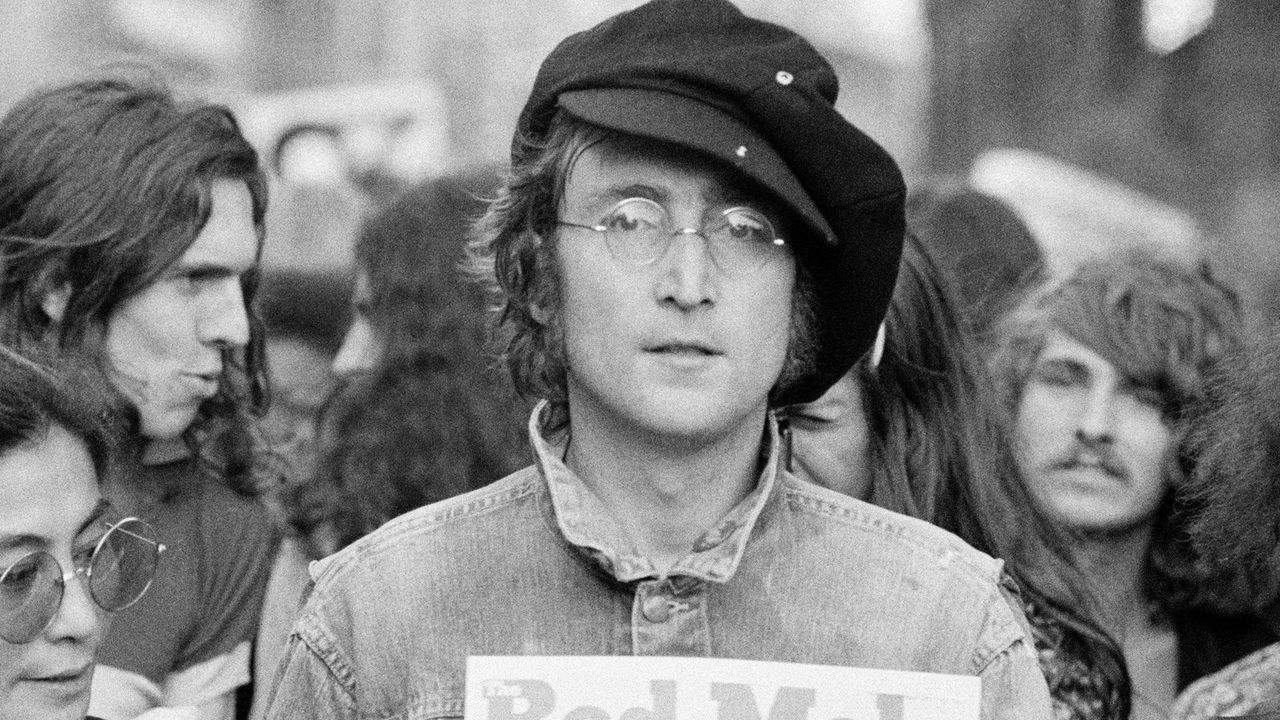
The song "Working Class Hero" in particular became an anthem for those who felt marginalized and oppressed by the capitalist system. Its biting lyrics, "They hate you if you're clever and they despise a fool / Till you're so fucking crazy you can't follow their rules," resonated with a generation disillusioned by the empty promises of consumerism and the widening gap between the rich and the poor. Through his music, Lennon gave voice to the frustrations of the working class, challenging the narrative of the American Dream and exposing the harsh realities of economic inequality.
Lennon’s activism extended beyond his music. He and his wife, Yoko Ono, became prominent advocates for peace, using their celebrity status to draw attention to the Vietnam War and other global conflicts. Their "Bed-Ins for Peace" in 1969, held in Amsterdam and Montreal, were unconventional protests against the war, where the couple invited the media into their hotel room while they remained in bed, discussing peace and nonviolence. The slogan "Give Peace a Chance," which emerged from these events, became a rallying cry for the anti-war movement and solidified Lennon’s reputation as a political activist.
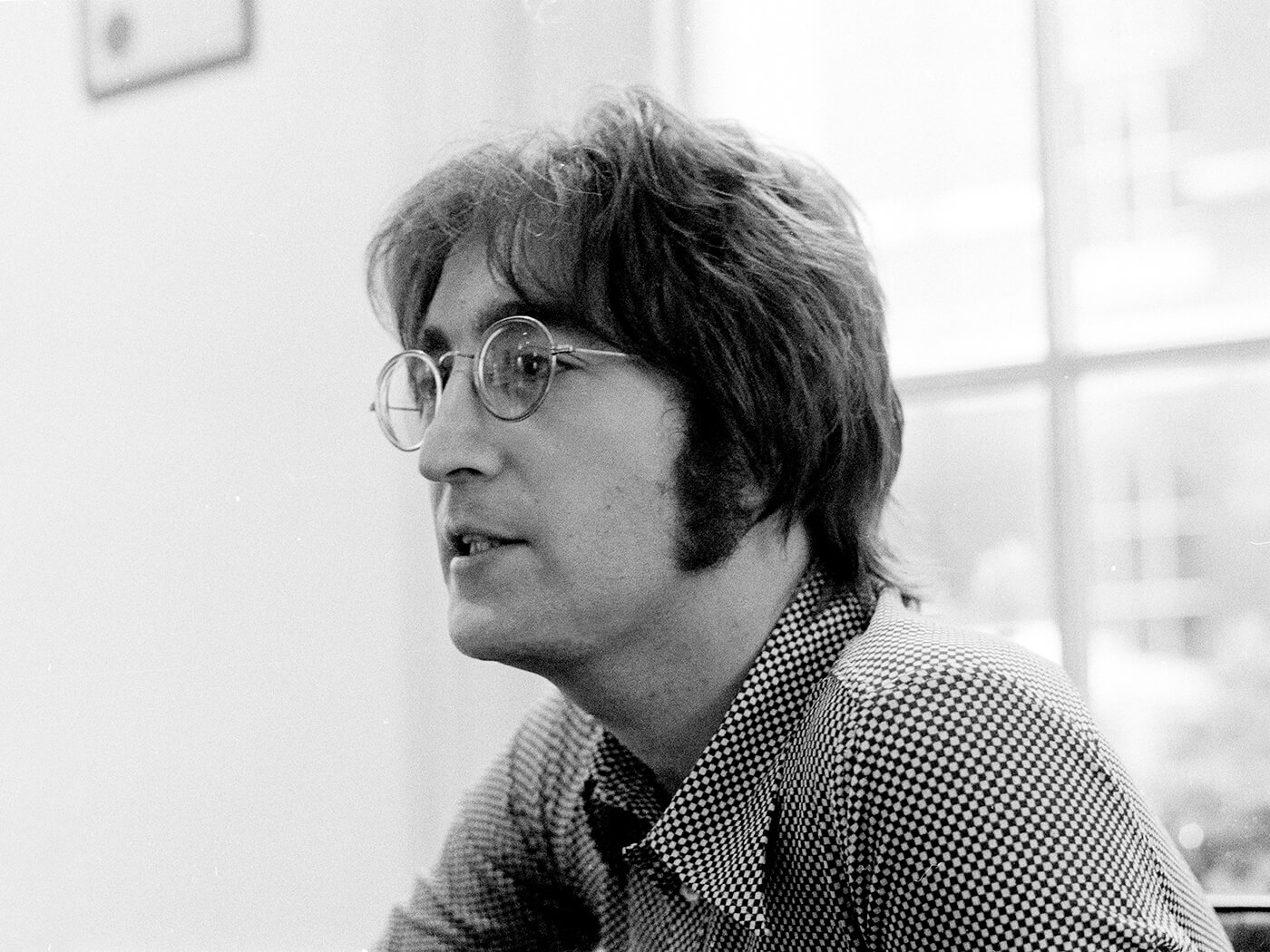
One of the most significant ways John Lennon fought the usual meanings of pop stardom was by refusing to conform to the expectations placed upon him by the public and the media. While many pop stars of his era were content to play the role of the charming, uncontroversial celebrity, Lennon consistently challenged the notion that a pop star’s primary job was to entertain without offending.
Lennon was unafraid to speak his mind, even when his opinions were controversial or unpopular. His outspoken nature often put him at odds with the press, the government, and even his own fans. For example, his criticism of U.S. involvement in the Vietnam War and his open support for leftist causes led to an intense campaign of surveillance and harassment by the FBI, as well as an attempt by the Nixon administration to deport him from the United States.
Despite the risks, Lennon continued to use his platform to advocate for peace, human rights, and social justice. He understood that being a pop star gave him a unique opportunity to influence public opinion and inspire change, and he was determined to use his fame for a greater purpose. This willingness to stand up for his beliefs, even in the face of adversity, is one of the reasons why Lennon is remembered as a hero today.

While John Lennon’s activism and defiance of pop stardom made him a hero to many, he was also a deeply flawed and complex individual. His battle with his own personal demons, including his struggles with substance abuse, insecurity, and anger, were well-documented. Lennon was open about his flaws, often using his music as a form of therapy to work through his issues.
This honesty and vulnerability set Lennon apart from many of his contemporaries. Rather than presenting a polished, idealized image to the world, he allowed his audience to see him as he truly was—a man with both strengths and weaknesses. This authenticity endeared him to fans who saw in Lennon a kindred spirit, someone who was unafraid to confront the darker aspects of life and who refused to be boxed in by the usual definitions of success.
In songs like "Jealous Guy" and "Cold Turkey," Lennon laid bare his insecurities and struggles, offering a glimpse into the inner turmoil that often accompanied his outward bravado. By sharing his personal experiences, Lennon helped to break down the stigma surrounding mental health and addiction, paving the way for future artists to be more open about their own struggles.
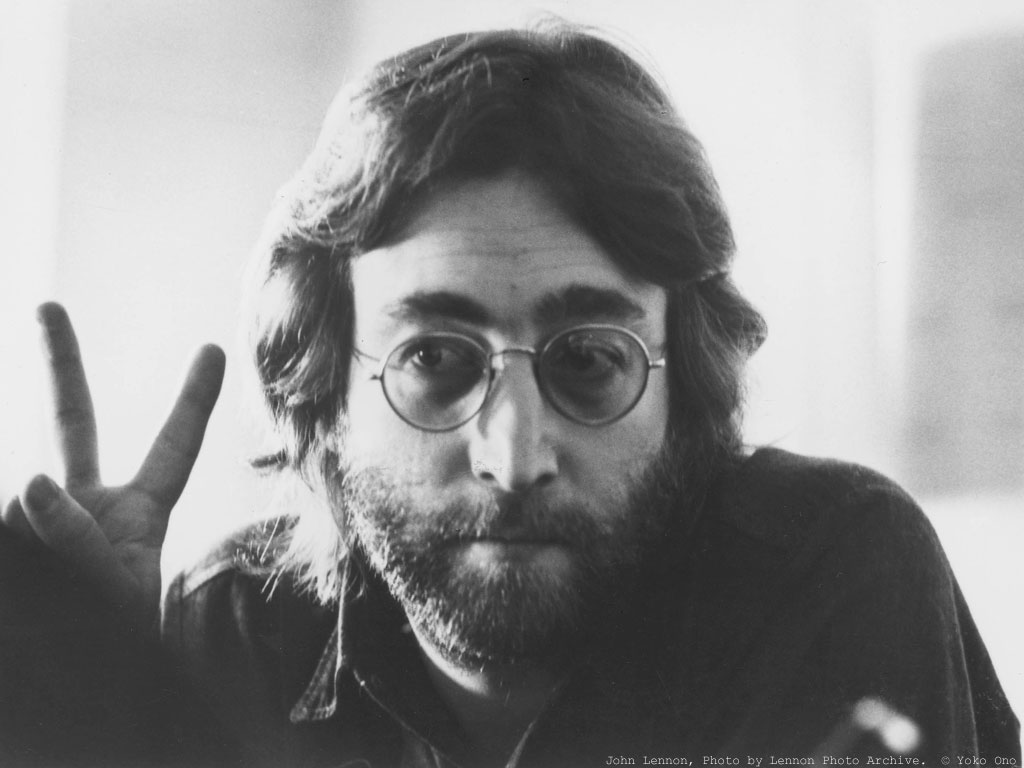
John Lennon’s legacy as a hero is not just a result of his musical achievements, but also of his unwavering commitment to challenging the status quo. He refused to be just another pop star, instead choosing to use his fame to promote peace, equality, and personal freedom. His willingness to confront uncomfortable truths, both in society and within himself, made him a revolutionary figure who continues to inspire generations of musicians, activists, and fans.
Lennon’s impact on popular culture cannot be overstated. He showed that a pop star could be more than just an entertainer—they could be a voice for change, a force for good in the world. In an industry that often prioritizes image over substance, Lennon’s authenticity and courage stand as a testament to the power of using one’s platform for a higher purpose.
